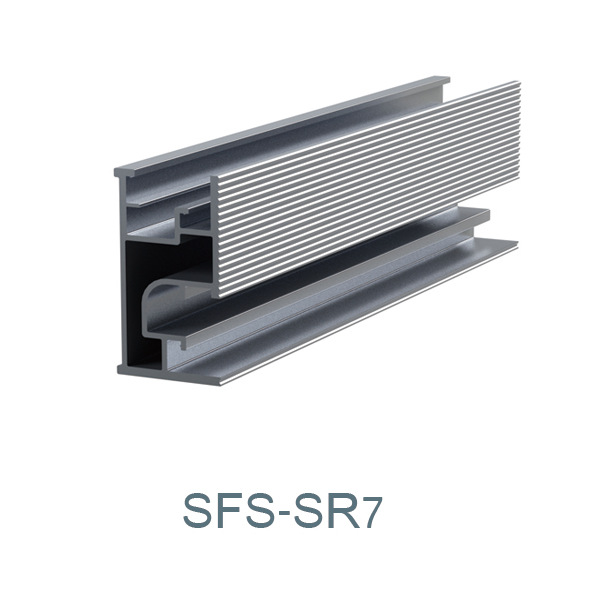

Innovative Self-Tapping Cap Screws for Enhanced Fastening Solutions in Various Applications
Nov . 26, 2024 11:38 Back to list
Innovative Self-Tapping Cap Screws for Enhanced Fastening Solutions in Various Applications
Understanding Self-Tapping Cap Screws A Comprehensive Overview
When it comes to fasteners in mechanical and construction applications, self-tapping cap screws have carved out a significant niche. These innovative components offer a unique combination of convenience, efficiency, and reliability, making them essential for various industries ranging from automotive to electronics. This article delves into the nature of self-tapping cap screws, their advantages, applications, and some considerations to keep in mind.
What Are Self-Tapping Cap Screws?
Self-tapping cap screws are a type of fastener designed to create their own thread as they are driven into a material, typically metal or plastic. Unlike traditional screws, which require a pre-drilled hole with corresponding threads, self-tapping screws eliminate the need for a pilot hole by forming the threads during the installation process. The cap feature refers to the head shape of the screw, which typically resembles that of a standard bolt, providing a greater surface area and allowing for the use of tools like wrenches or screwdrivers.
Advantages of Self-Tapping Cap Screws
1. Efficiency in Installation One of the most significant benefits of self-tapping cap screws is the time saved during assembly. Since they eliminate the need for a pre-drilled pilot hole, they can be installed quickly and easily, which can result in lower labor costs and faster project completion.
2. Enhanced Grip The unique threading mechanism allows these screws to achieve a strong grip in a wide range of materials. Their ability to create threads in harder surfaces enhances the overall stability and strength of the bond.
3. Versatility Self-tapping cap screws are available in various sizes, materials, and coatings. This versatility enables their use in multiple applications, from securing metal panels to fastening components within electronic devices.
4. Reduced Risk of Damage As they create their own threads, self-tapping cap screws reduce the risk of damaging the material, which can happen when traditional screws are used incorrectly. This property is particularly beneficial when working with thin or delicate materials.
5. Cost-Effectiveness By eliminating extra steps like drilling and tapping, these screws can reduce overall production costs. Their quick installation and fewer required components also contribute to making them an economical choice.
Applications of Self-Tapping Cap Screws
Self-tapping cap screws find their way into a myriad of applications across different sectors
self tapping cap screws

- Automotive Industry They are frequently used in assembling body parts, engine components, and various fittings due to their robustness and durability.
- Construction In construction, these screws are utilized in wood framing and metal stud applications, where their ability to hold fast under stress is essential.
- Electronics Self-tapping screws are a preferred choice for assembling electronic casings, circuit boards, and other components where precision and strength are critical.
- HVAC Systems They are used for fastening ductwork, compressors, and other HVAC components, ensuring they withstand vibration and environmental changes.
Considerations When Using Self-Tapping Cap Screws
While self-tapping cap screws offer numerous advantages, a few considerations should be kept in mind
1. Material Selection It is crucial to choose the right screw type and size for the material being used. Self-tapping screws designed for softer materials may not perform well in harder substrates, and vice versa.
2. Pre-drilling for Larger Screws For larger diameters or particularly hard materials, pre-drilling a pilot hole can improve results and reduce the risk of bolt breakage during installation.
3. Torque Control Over-tightening self-tapping screws can lead to stripping the material or damaging the screw itself. Therefore, using a torque-controlled tool can significantly enhance performance.
4. Thread Design Selecting the correct thread design based on the application and material is vital and can influence the overall strength and holding power of the fastened joint.
Conclusion
In summary, self-tapping cap screws are a vital component in modern assembly and construction, providing exceptional efficiency and reliability. They offer an array of benefits, including ease of use, cost-effectiveness, and versatility across various applications. Understanding their properties and proper handling techniques can significantly enhance their utility in any project, thereby maximizing performance and ensuring longevity. Whether you’re a professional in the field or a DIY enthusiast, self-tapping cap screws are an indispensable fastener choice that can streamline processes and improve overall results.
Latest news
-
Hot Dip Galvanized Bolts-About LongZe|High Strength, Corrosion Resistance
NewsJul.30,2025
-
High-Strength Hot Dip Galvanized Bolts - Hebei Longze | Corrosion Resistance, Customization
NewsJul.30,2025
-
Hot Dip Galvanized Bolts-Hebei Longze|Corrosion Resistance&High Strength
NewsJul.30,2025
-
High-Strength Hot-Dip Galvanized Bolts-Hebei Longze|Corrosion Resistance&High Strength
NewsJul.30,2025
-
Hot Dip Galvanized Bolts-Hebei Longze|Corrosion Resistance&High Strength
NewsJul.30,2025
-
Hot Dip Galvanized Bolts - Hebei Longze | Corrosion Resistance, High Strength
NewsJul.30,2025

